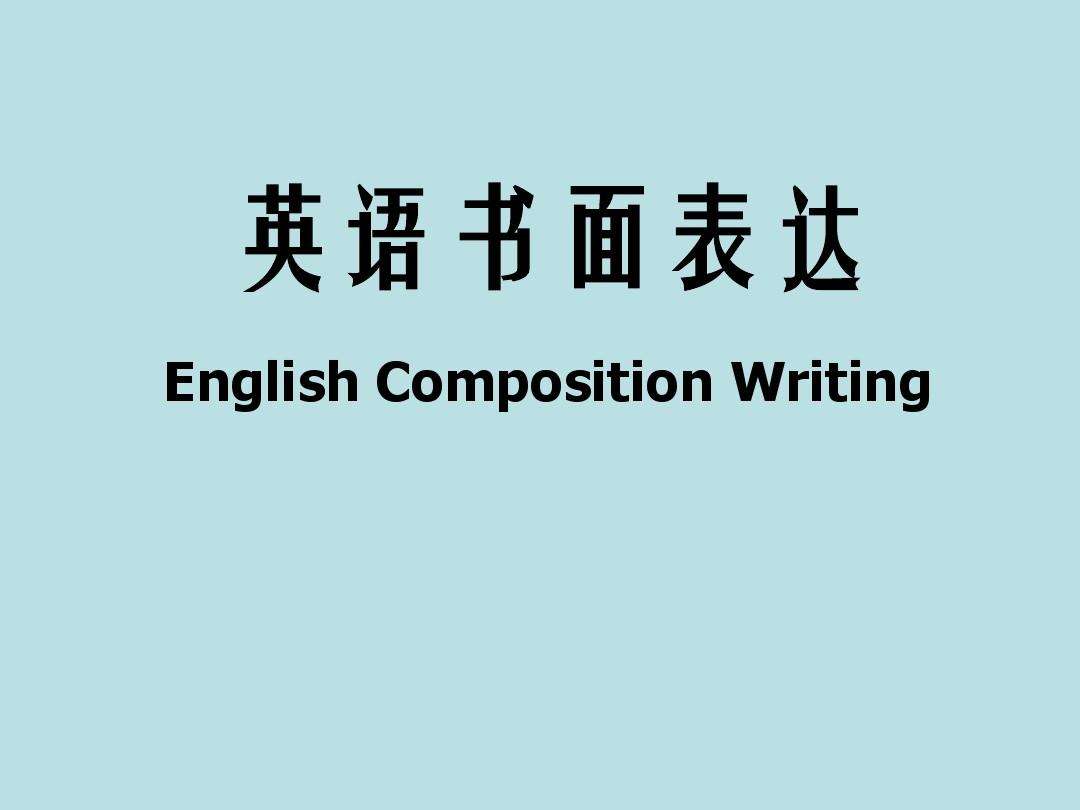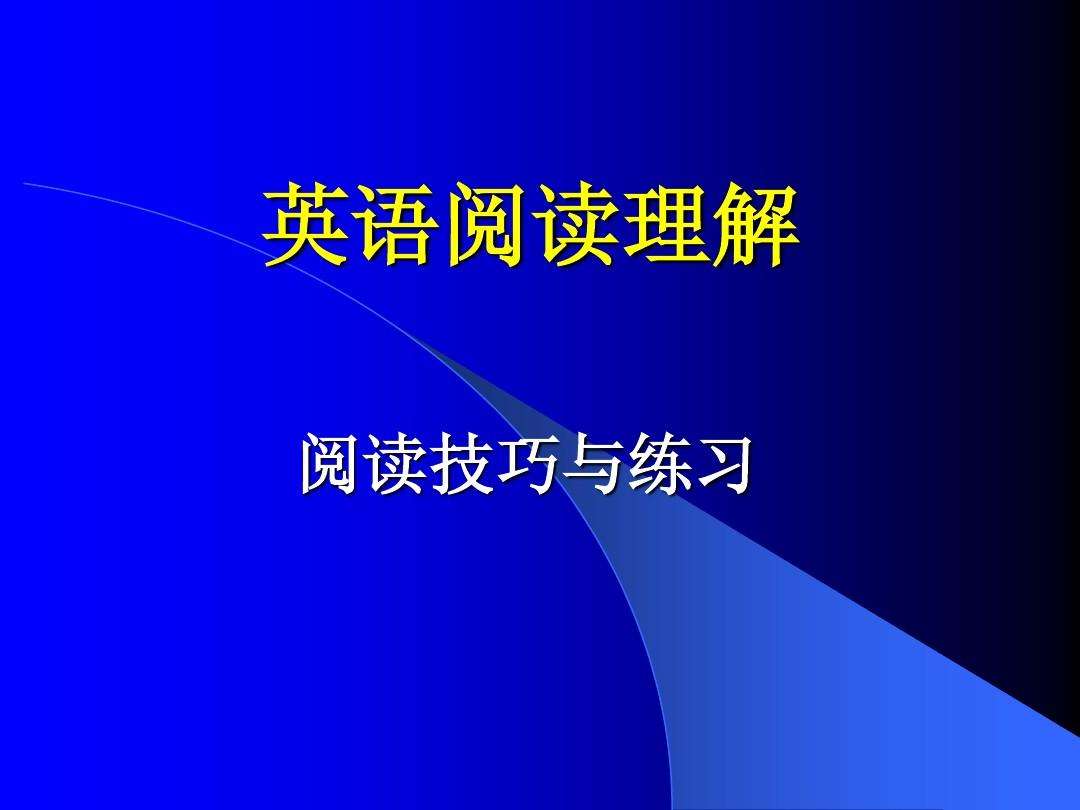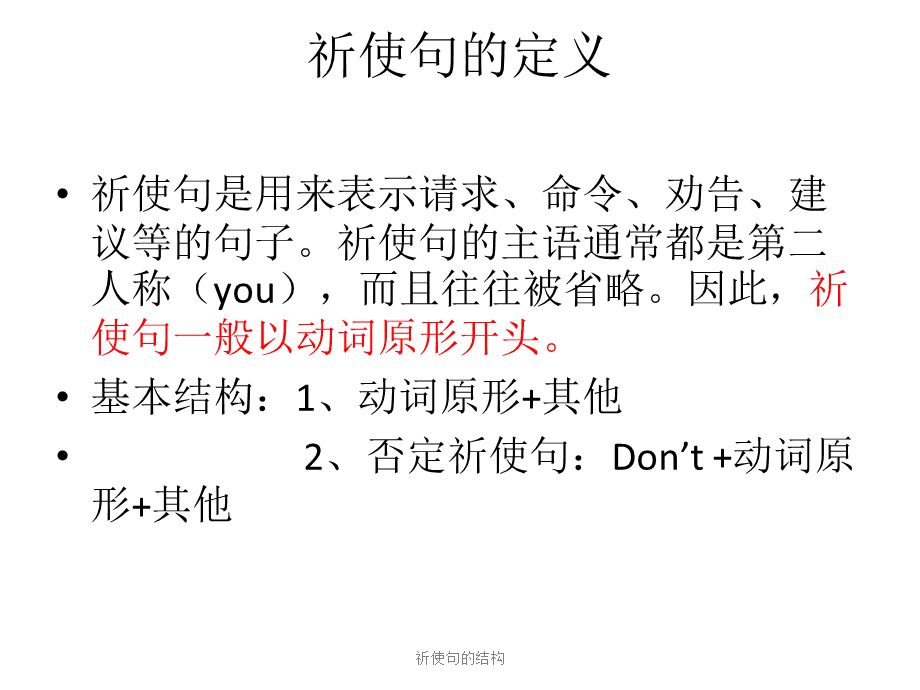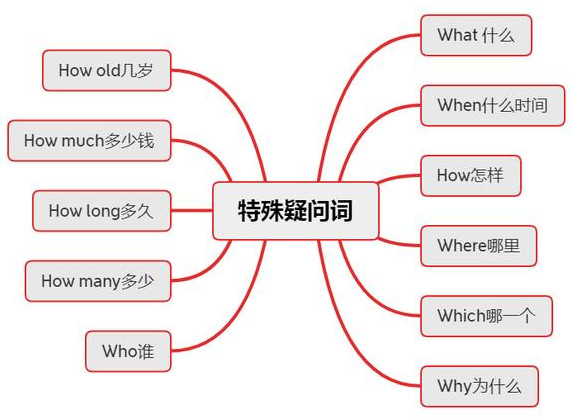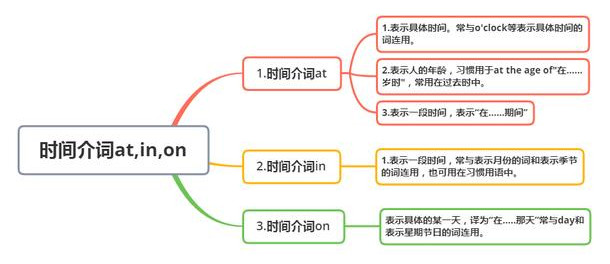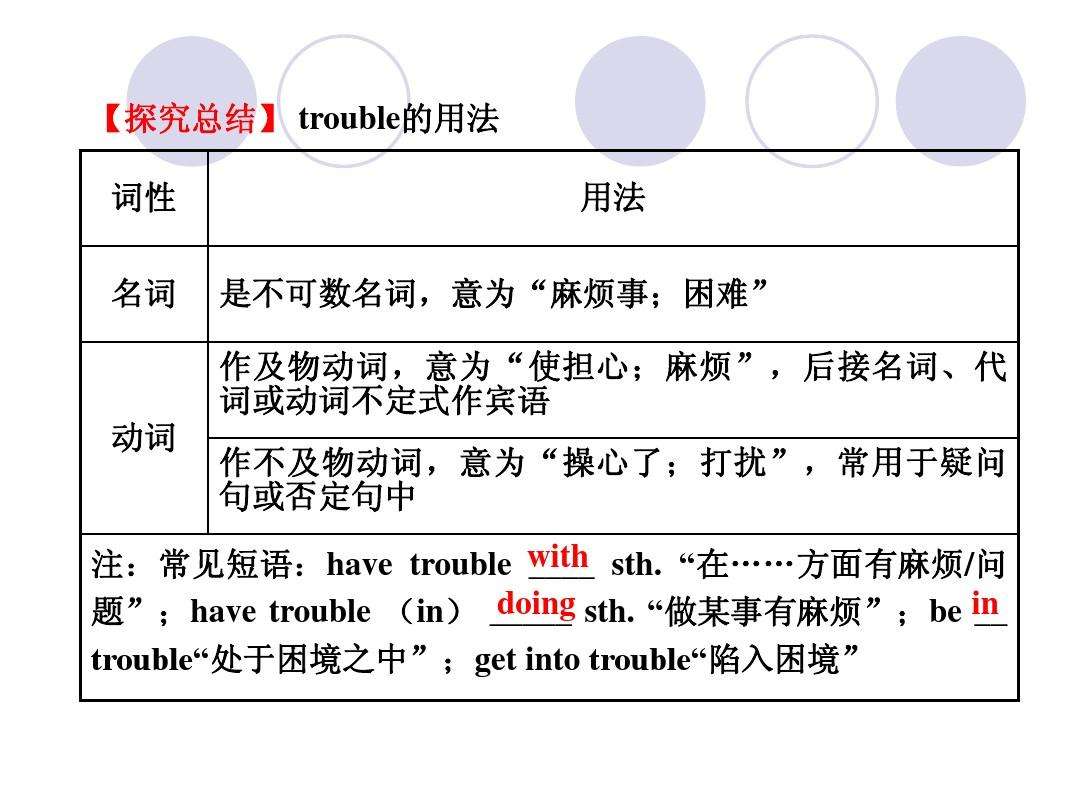| 宜城教育365速发国际靠谱么_365bet亚洲官方网址_预付365商城下载网www.bjtlcd.com 英语疑问句的构成及用法
⑴一般疑问句:①结构:be动词/助动词/情态动词+主语+动词原形/动词-ing形式/动词-ed形式/表语……。②答语:Yes, 人称代词主格+be动词/助动词/情态动词(不缩写,there be结构用there)。No, 人称代词主格+be动词/助动词/情态动词+not. 。如:Is Simon playing football? Yes, he is. No, he isn’t. Do you have a ruler? Yes, I do. No, I don’t.

⑵特殊疑问句:①结构:特殊疑问词(作主语或修饰主语)(主语)+谓语部分…?。特殊疑问词(作宾语、表语、状语等)+助动词/be动词/情态动词+谓语部分…?。②答语:根据疑问词和实际意义作出具体的回答。如:Who helped you with your homework? My mother did. Which sweater is your father’s? The brown one is. Who are you looking after? I’m looking after my grandmother.
⑶选择疑问句:①结构:一般疑问句+or+另一个选择成分?。特殊疑问句,一个选择成分+or+另一个选择成分?。②答语:根据选择的内容作出具体的回答。如:Is your friend a girl or a boy? A boy. Which pen is better, this one or that one? This one is.
⑷反意疑问句
①结构:陈述句(肯定式)+附加问句(否定式)?;陈述句(否定式)+附加问句(肯定式)?。如:Tom has been to Beijing, hasn’t he? Your father isn’t a doctor, is he?
②答语:与一般疑问句的答语相同,但注意在回答“前否后肯”的反意疑问句时,yes和no在意义上的变化(yes意思是“不”;no意思是“是”)。如:—Your father isn’t a doctor, is he? —Yes, he is.(不,他是医生。) —No, he isn’t.(是的,他不是医生。)
③附加问句部分主语和谓语动词:附加问句部分的主语一般为人称代词主格,但必须与陈述句部分的主语保持一致。如:Miss Hu is your English teacher, isn’t she?
◆陈述句为there be句型,附加问句部分用“…there?”结构。如:There are two men in the room, aren’t there?
◆陈述句的主语是指示代词单数形式、表示物的不定代词、动词不定式、动词-ing形式、从句时,附加问句部分的主语用it;如果是指示代词复数,则用they。如:Eating too much is bad for your health, isn’t it? What he said is true, isn’t it? These are my apples, aren’t they?
◆陈述句的主语是表示人的不定代词,附加问句部分的主语一般为they;也可是he。如:No one is way, aren’t they?
◆陈述句为复合句时,附加问句部分的主语与主句的主语保持一致;如果复合句是“I think/believe/guess that…”,则附加问句部分的主语与从句的主语保持一致。如:Our teacher didn’t know where Tom went, did he? I don’t think he will come back, will he?
◆陈述句是并列句时,附加问句部分的主语与后一个分句的主语保持一致。如:Bob was ill, so he didn’t come, did he?
◆陈述句是“Do/Be型肯定祈使句”时,附加问句部分用“will/won’t you?”结构;如果是否定祈使句,则用“will you?”结构。如:Open the door for me, will/won’t you? Don’t play in the street, will you?
◆陈述句是“Let’s型祈使句”时,附加问句部分用“shall we?”结构;陈述句是“Let us型祈使句”时,附加问句部分用“will you?”结构。如:Let’s go home together, shall we? Let me go home now, will you?
◆如果陈述句中含有no, not, nothing, no one, nobody, never, neither, none, few, little, hardly等否定词时,附加问句部分用肯定结构。如:Few students can answer this difficult question, can they?
◆如果陈述句中的否定词不是否定中心成分,则仍为视为肯定句,附加问句部分用否定结构。如:Father told you not to play computer games, didn’t he?
◆如果陈述句中含有un-, dis-, -less等否定前、后缀构成的词或without, fail, miss等否定意义的词或短语,仍为视为肯定句,附加问句部分用否定结构。如:Xiao Mei was unhappy, wasn’t she? 宜城教育365速发国际靠谱么_365bet亚洲官方网址_预付365商城下载网www.bjtlcd.com |






